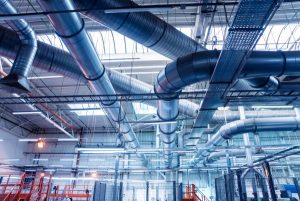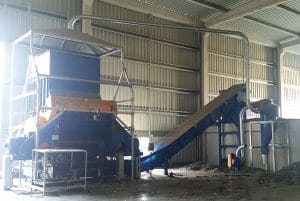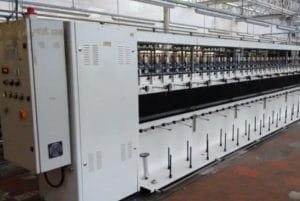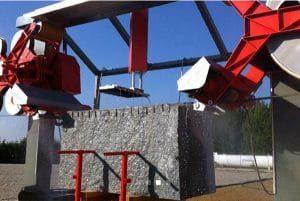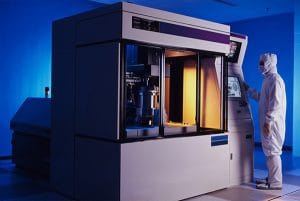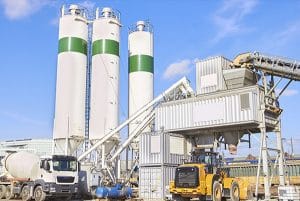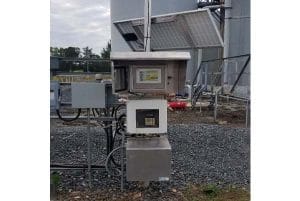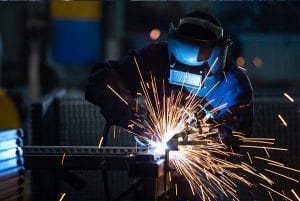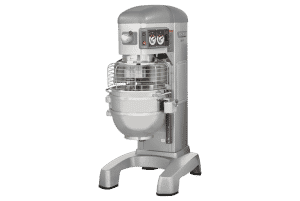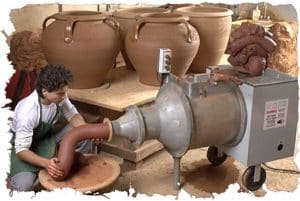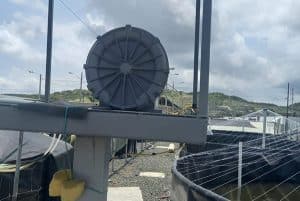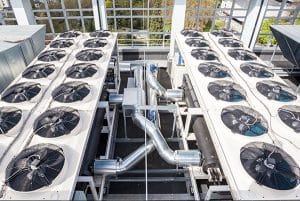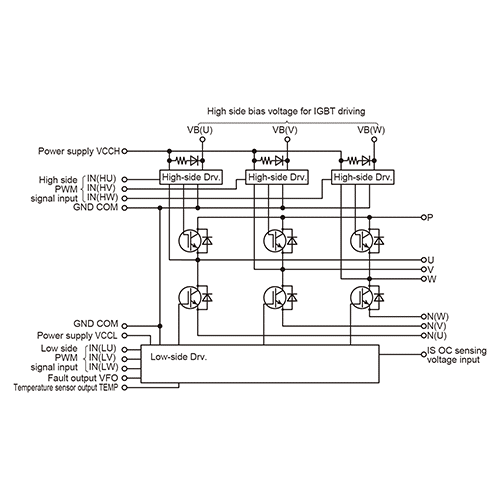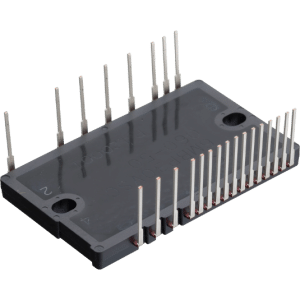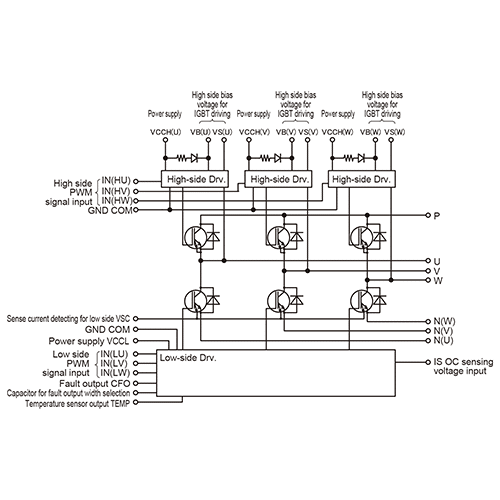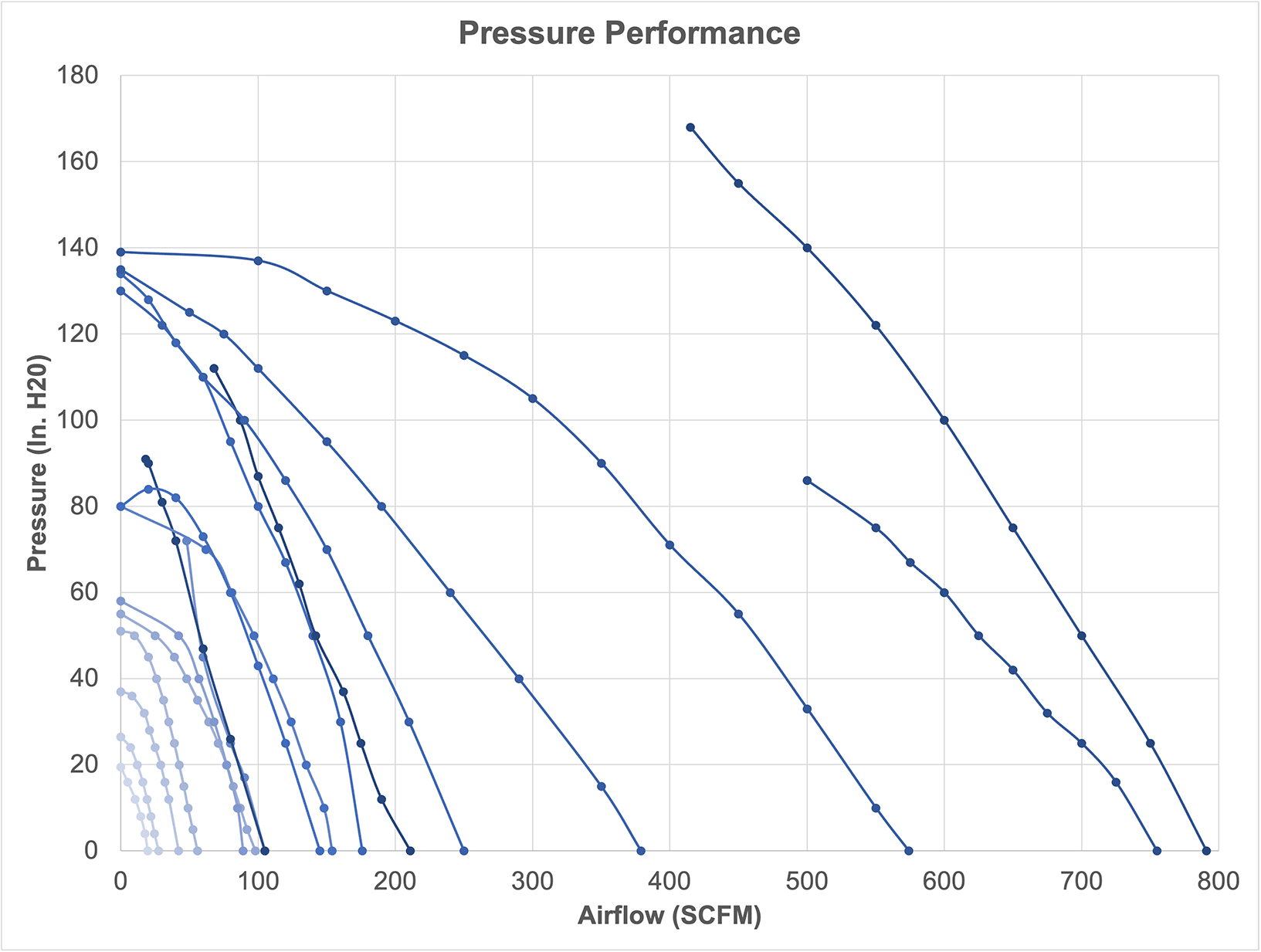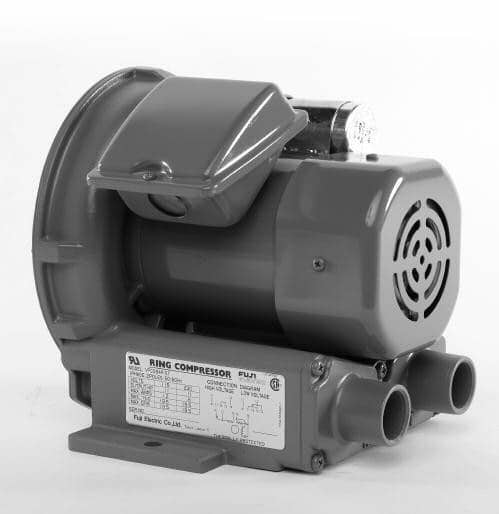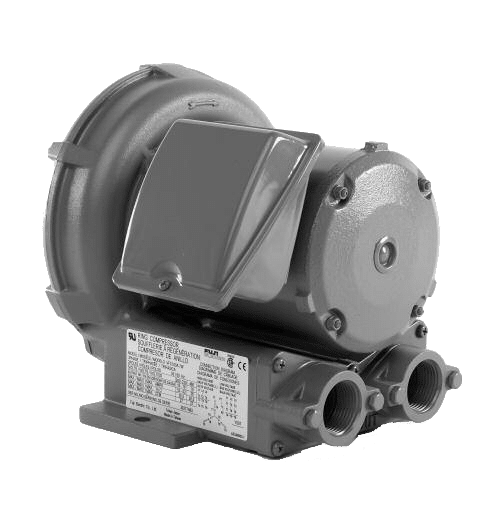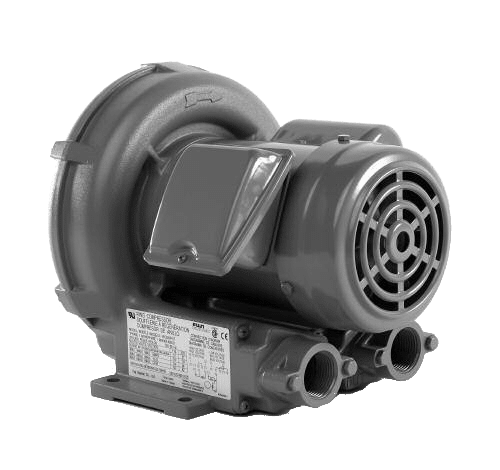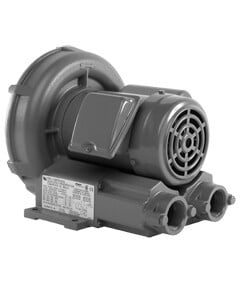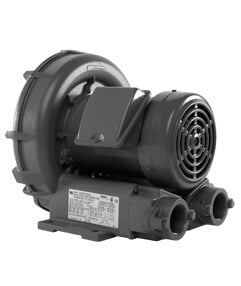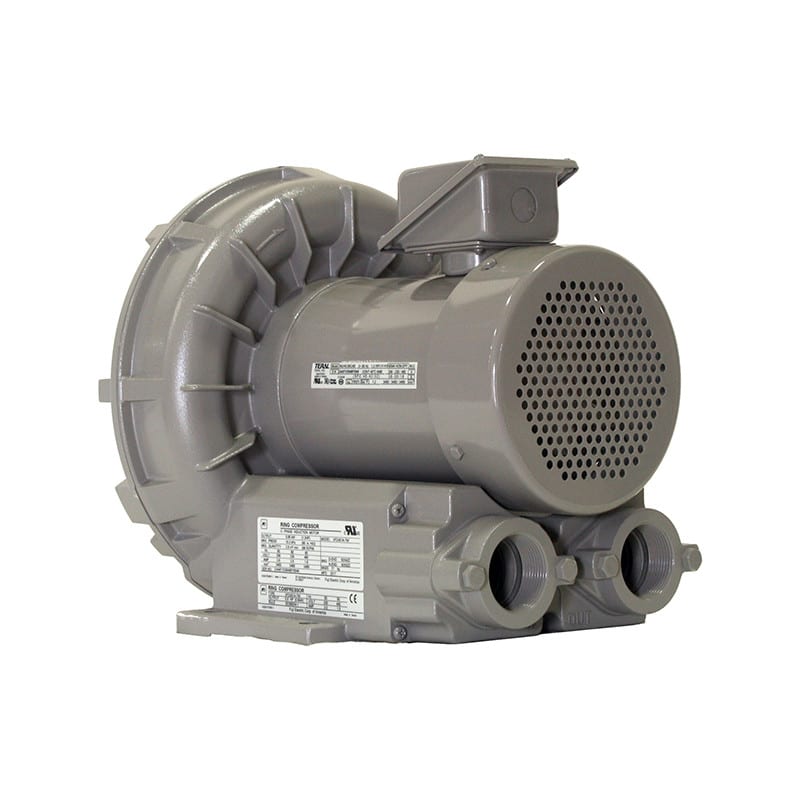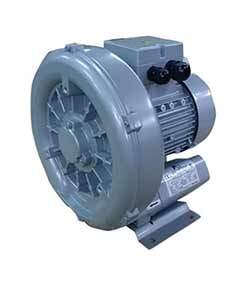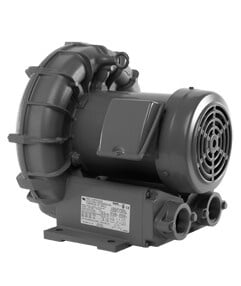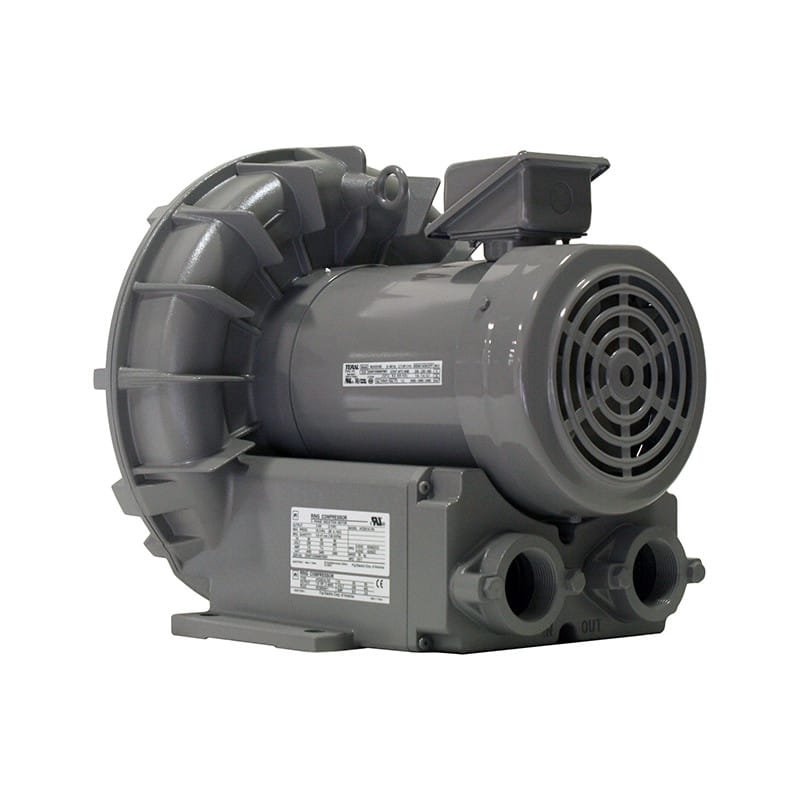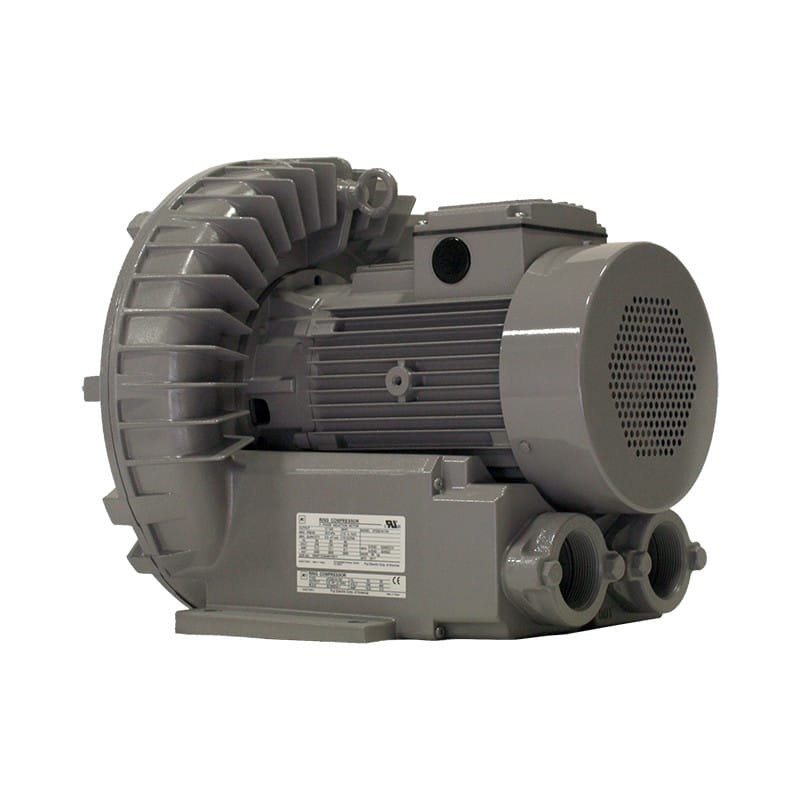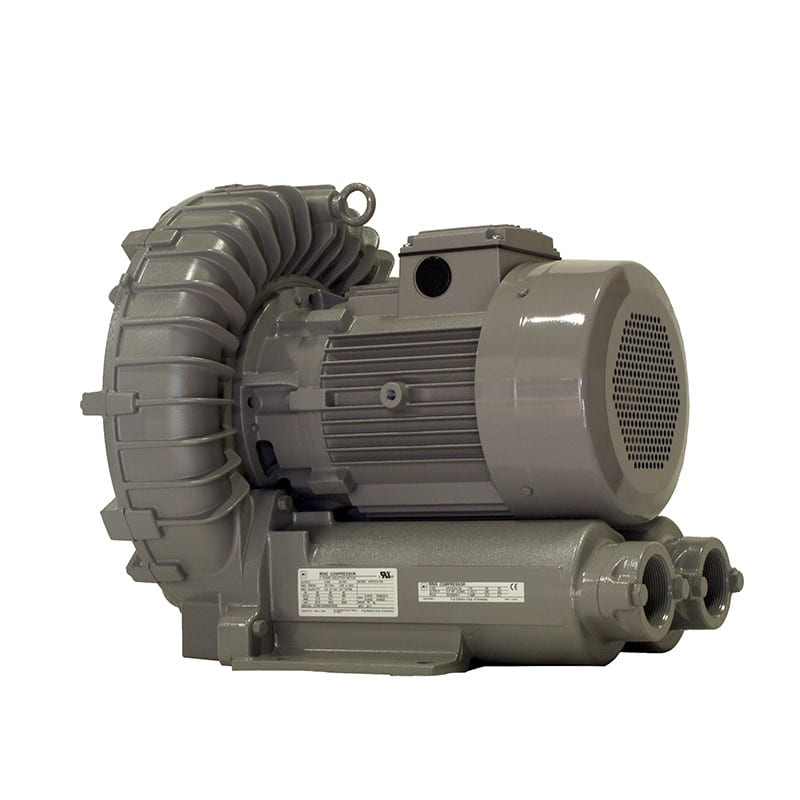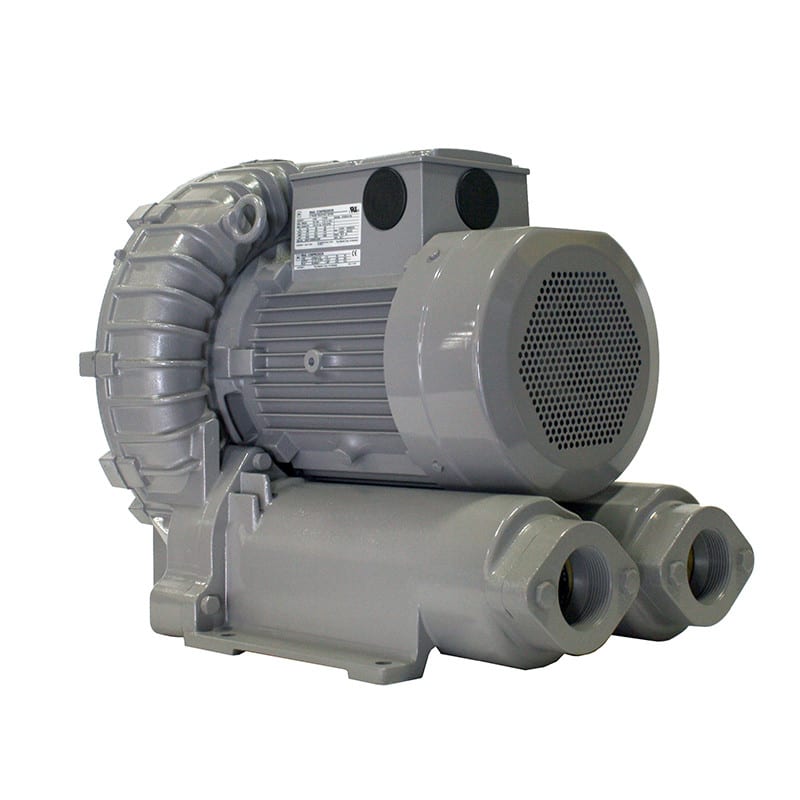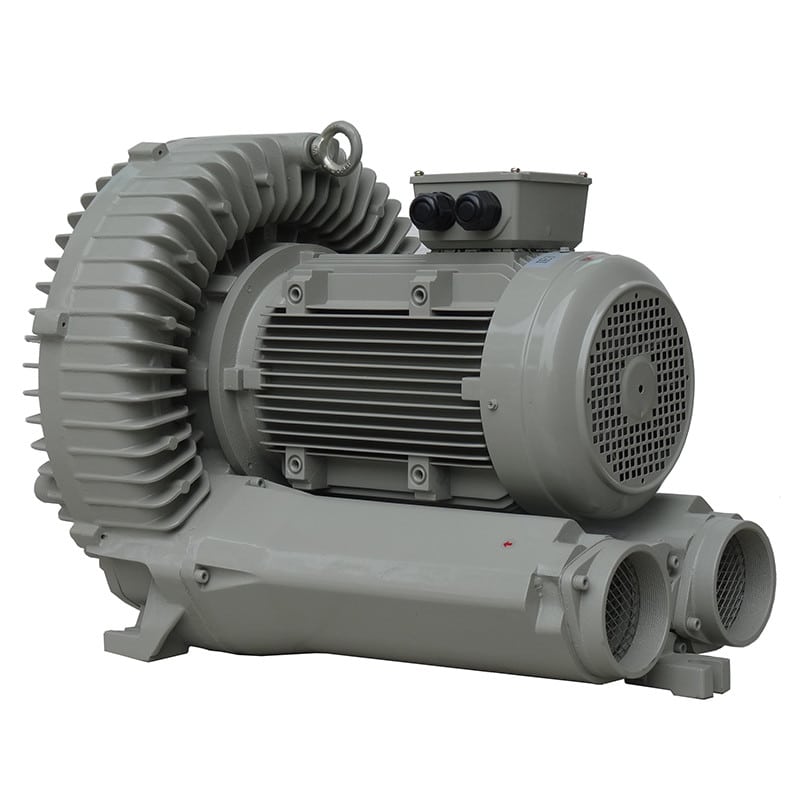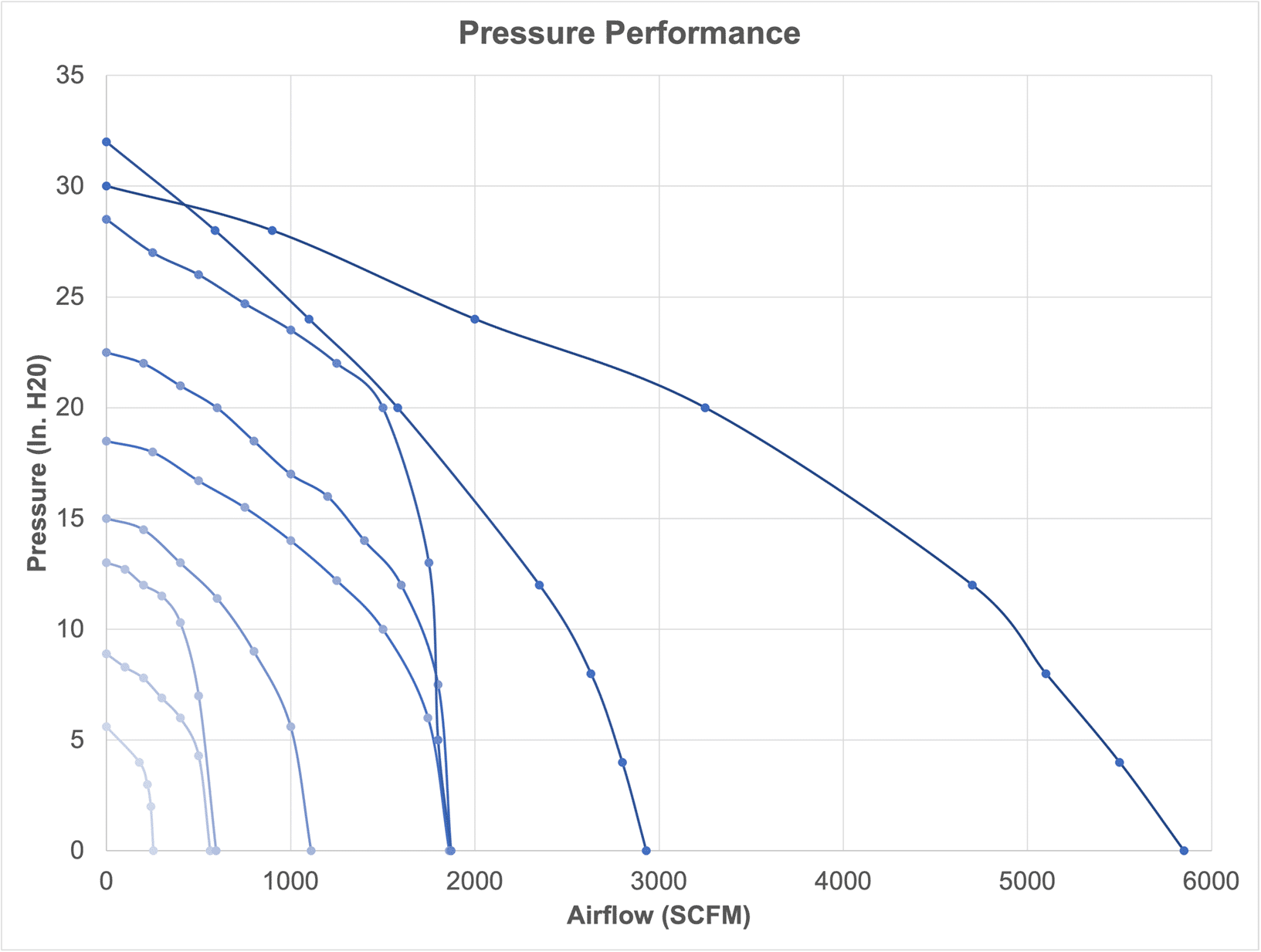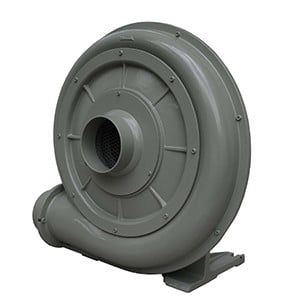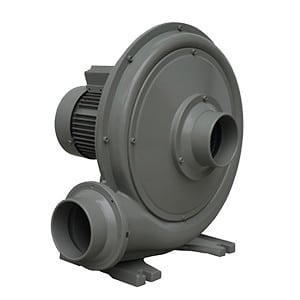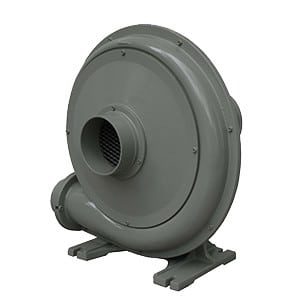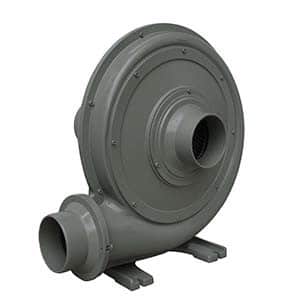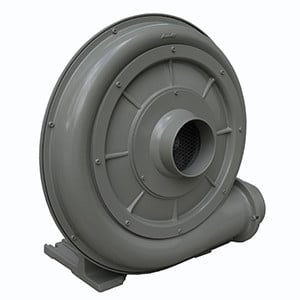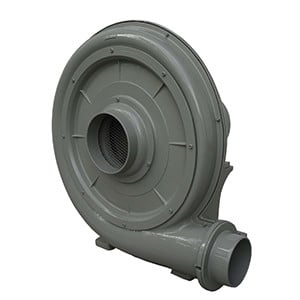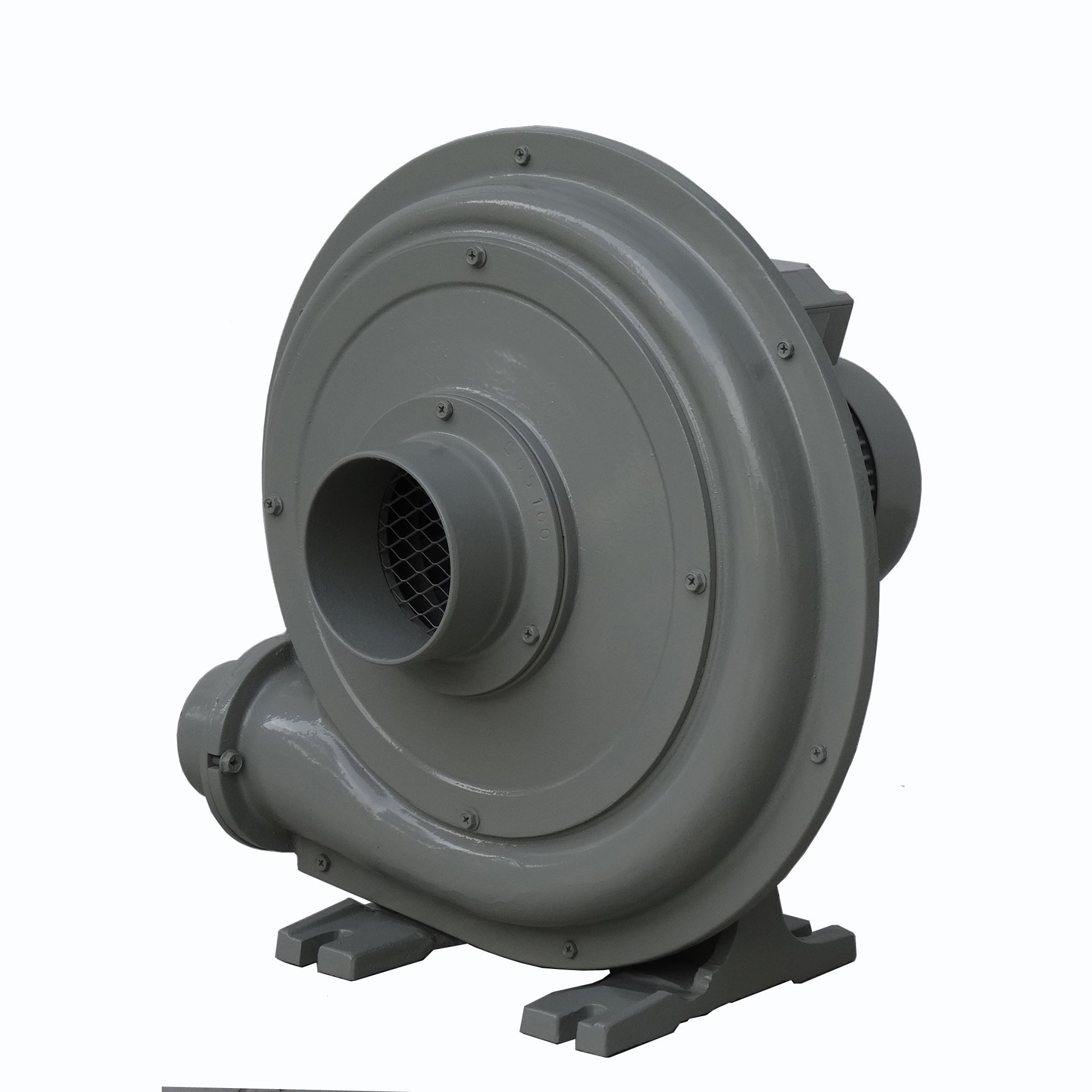
An AC drive, also known as a variable frequency drive (VFD) or adjustable speed drive (ASD), is a device that controls the speed, torque, and direction of an AC motor by varying the frequency and voltage of the electrical power supplied to it. AC drives offer several benefits in various industrial and commercial applications:
- Energy Efficiency: AC drives can help reduce energy consumption by controlling the speed of motors. By adjusting the motor’s speed to match the load requirements, you can save energy and reduce electricity costs, especially in applications with varying loads.
- Improved Process Control: AC drives provide precise control over motor speed and torque, enabling better regulation of industrial processes. This helps maintain consistent product quality and operational efficiency.
- Soft Start and Stop: AC drives offer soft-start and soft-stop capabilities, which reduce mechanical stress on equipment and extend the lifespan of motors and connected machinery. This feature is particularly useful in applications where abrupt starts and stops can cause damage.
- Reduced Mechanical Wear: By starting and stopping motors gradually and smoothly, AC drives reduce wear and tear on equipment, minimizing maintenance and downtime.
- Speed and Torque Control: AC drives allow for precise control of motor speed and torque, making them suitable for applications that require different speeds at different times, such as conveyor systems and fans.
- Adaptability to Changing Loads: AC drives can adjust motor speed in real time to match variations in load, ensuring optimal performance and energy efficiency.
- Energy Cost Savings: By reducing energy consumption and improving efficiency, AC drives can lead to significant cost savings over time, making them a cost-effective investment.
- Power Factor Improvement: AC drives can improve the power factor of a system, leading to a reduction in reactive power and potential cost savings on utility bills.
- Reduced Maintenance: With soft-start and stop features, AC drives help reduce mechanical stress, which in turn lowers maintenance requirements and extends the lifespan of equipment.
- Noise Reduction: Slower motor speeds, made possible by AC drives, can reduce noise levels in industrial environments, creating a more comfortable and safe workplace.
- Process Optimization: AC drives can be integrated with automation systems and control algorithms, allowing for more sophisticated process optimization, which is essential in many manufacturing and industrial operations.
- Environmental Benefits: Lower energy consumption and reduced wear and tear on equipment can lead to a smaller carbon footprint and contribute to sustainability efforts.
It’s important to note that the benefits of using an AC drive can vary depending on the specific application and the efficiency of the system it’s integrated into. When considering the implementation of an AC drive, it’s essential to perform a detailed analysis to determine potential energy savings and operational improvements for your particular use case.



